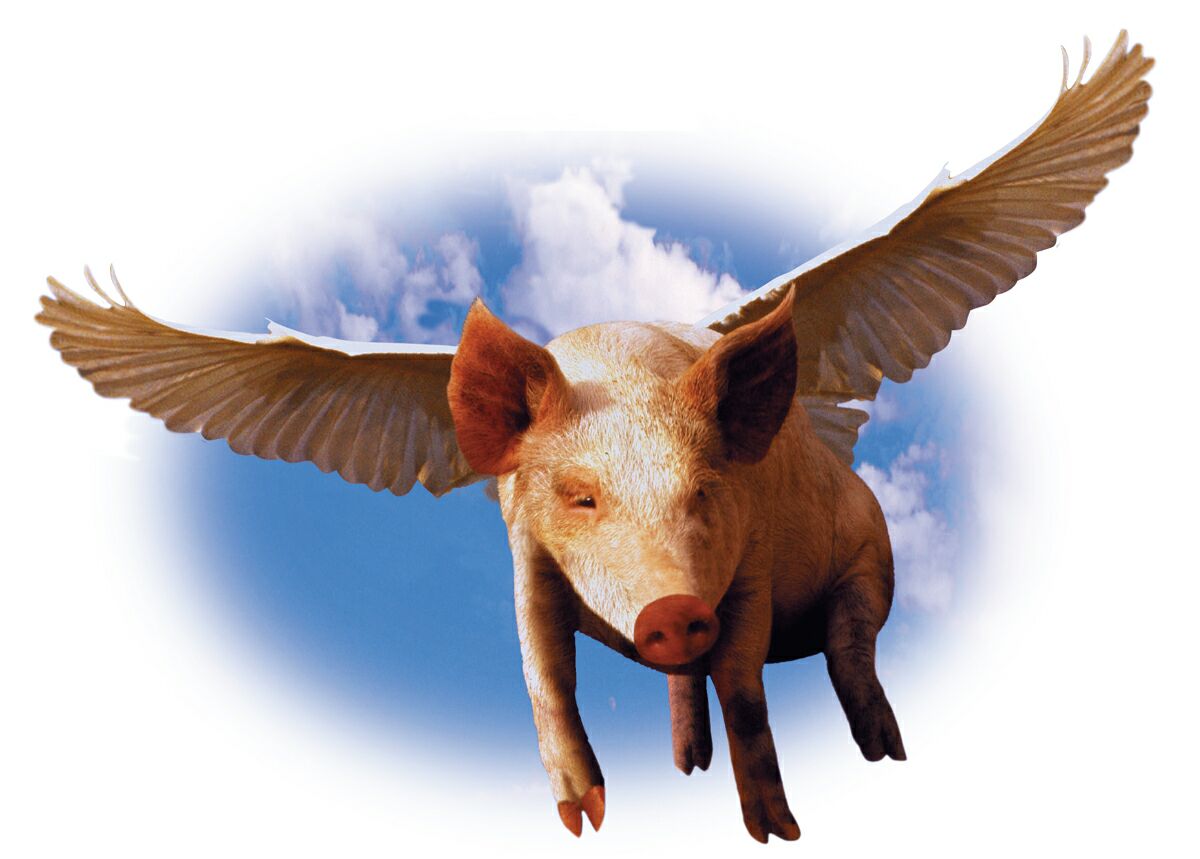Taxpayer handouts to private corporations are always thorny. They inevitably mean that another business’ tax dollars go straight to the pockets of their competition. This distortion also means that dollars better spent elsewhere by taxpayers, or even by governments, are siphoned to a loser.
Bombardier has always been that loser—or at least should have been. The real losers are taxpayers who have propped them up for the past 50 years. Recent developments have made those losses worse than ever, and ought to make taxpayers irate.
Last year, the Quebec aerospace company received a $372 million federal interest-free loan, plus a billion dollars of equity to build its C-series jets. That was too much for Boeing, which complained that Bombardier sold 125 jets to Delta Airlines at a price so low, it could not have been offered without taxpayer help. The United States’ Commerce Department responded with a tariff of 299.5 per cent. Brazilian jet-maker Embraer SA added to the shock through its own trade challenge. Bombardier reeled.
It should never have come to this. Taxpayers have helped Bombardier since 1966 and even gave $2 billion of help in the ten years prior to the Trudeau government. Somehow Bombardier still lost $5.34 billion of red ink in 2015 and $981 million in 2016. Yet, in 2016 six directors of the company voted themselves $32.6 million U.S. ($43M CDN) in bonuses. Public backlash forced the company to defer half of that bonus to the year 2020 and only if the company hits certain targets.
Government handouts and “loans” (often never repaid) also cast doubt on the impartiality of elected officials making decisions like this. In recent years, Bombardier has faced bribery scandals for contracts in South Korea, South Africa, the Netherlands, and Azerbaijan. In Canada, Patrick Pichette sits on the board both of Bombardier and the Trudeau Foundation. Foundation donations have grown steadily since Trudeau became leader, and now 40 of the 108 foundation donors are lobbying the federal government.
Defenders of taxpayer subsidies insist Boeing has received plenty of American taxpayer support and are a necessary price for a domestic aerospace industry. This weak rationale is undermined by the fact that Bombardier operates in 29 countries. Government money did nothing to prevent it from cutting 14,500 Canadian jobs in 2015 and 2016 to hire workers in Mexico and China. It is also the largest manufacturing employer in Northern Ireland, whose U.K. rulers oppose the American tariff but believe it is Canada’s fault just the same.
Bombardier’s response to this crisis will make it less Canadian than ever. Airbus, headquartered in France, received a 50.01 per cent interest in the C-series jets without paying a single cent. In a statement, Bombardier CEO Alain Bellemare said the deal was right because of Airbus’ “global scale, strong customer relationships and operational expertise” and will therefore “more than double the value of the CSeries program.”
Taxpayers, robbed for years with the flimsy excuse that it was necessary for a domestic aerospace industry, now must ask why a foreign company has taken over its jets. If the marketplace had this solution all along, why were taxpayers ever burdened? And why did the Quebec government’s 49.5 per cent share in the CSeries jets drop to a measly 19 per cent, whereas Bombardier’s 50.5 per cent share became 31 instead?
In a few months, the U.S. Commerce Department will decide whether the proposed 299.5 per cent tariff will stand. Regardless of the decision, Canada has lost everything but Bombardier’s assembly line in Montreal. Airbus will now add CSeries production to its Alabama facility. Canadian, and especially Quebec taxpayers, shake their heads and who will fly away with their hard-earned money next.



